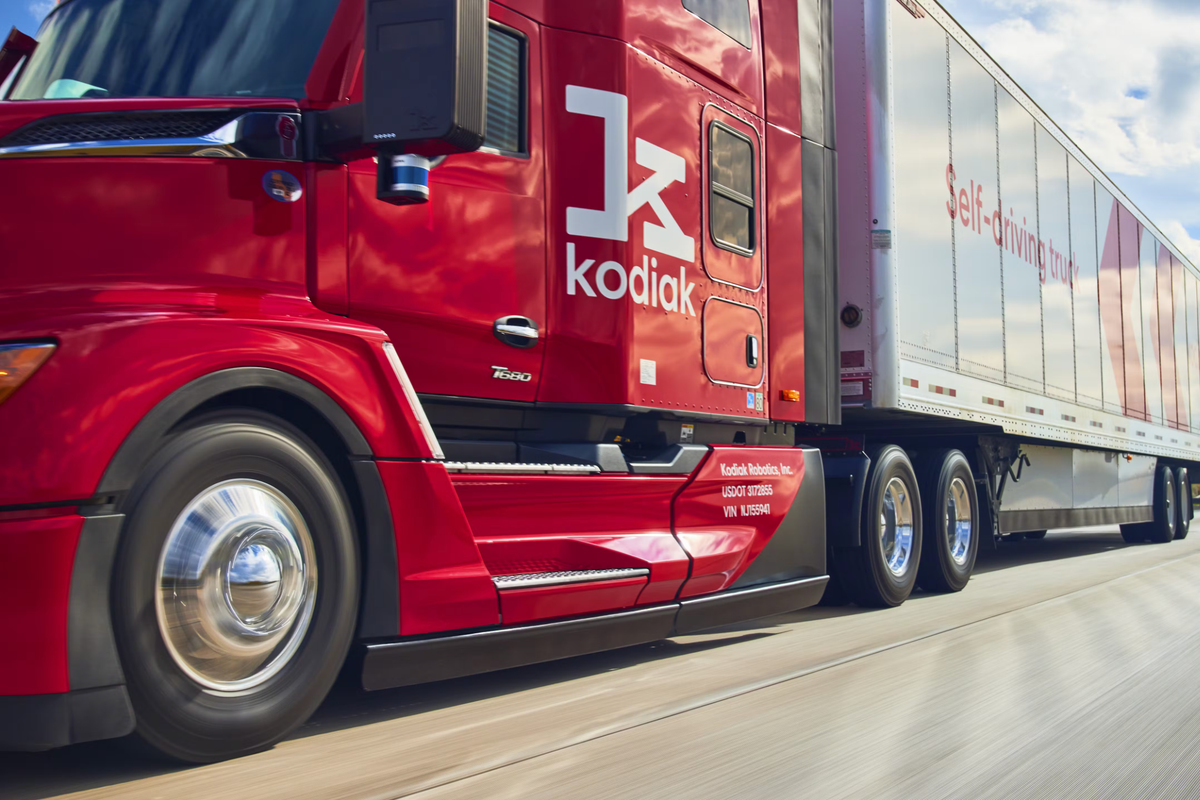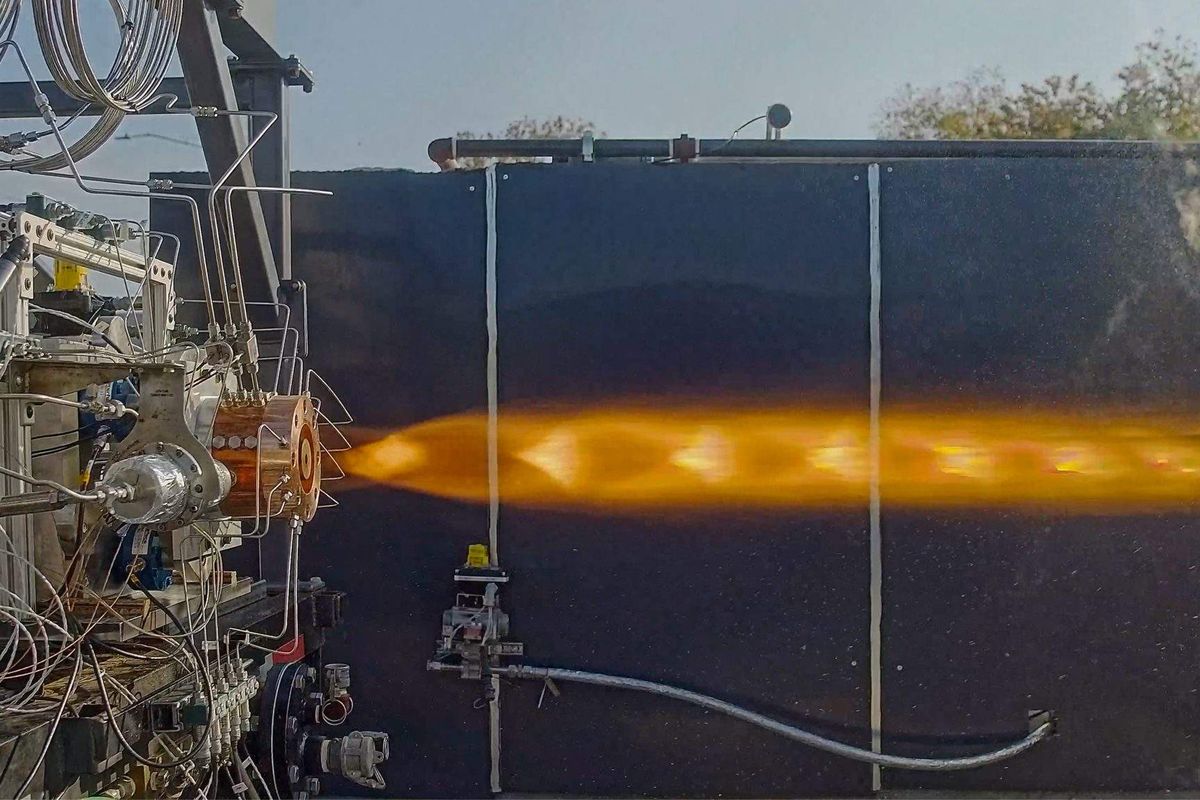Houston-based fintech startup Save has teamed up with Stamford, Connecticut-based Webster Bank to offer a high-yield savings program.
Through Save’s Savetech platform, customers will be able to open savings accounts from Webster Bank. Save expects the annual percentage yield (APY) for the savings accounts to range from 1.5 percent to 7.7 percent. Those rates aren’t guaranteed, though. As of mid-May, the typical interest rate for a U.S. savings account was 0.07 percent.
The new program is able to potentially surpass the national interest rate by investing customers’ money in a diversified portfolio of exchange-traded funds (ETFs) representing stocks, bonds, real estate, and commodities based on each customer’s investment strategy. Save is an investment adviser registered with the U.S. Securities and Exchange Commission (SEC).
Customers’ deposits are held in Webster Bank savings accounts that are insured by the Federal Deposit Insurance Corp. (FDIC) up to the current limit, which is $250,000 per depositor, per FDIC-insured bank, per ownership category.
Michael Nelskyla, founder and CEO of Save, says the new savings program will help customers “at a time when low rates, high inflation, and market volatility are top of mind.”
“Save is on a mission to change the way people build wealth,” says Adam Watts, president and chief operating officer of Save, which was founded in 2018. “Our Savetech platform can fundamentally change how people save.”
In 2020, Save teamed up with Boston-based Radius Bank to offer an FDIC-insured consumer checking account and the Save Debit Invest debit card for customers of the Savetech platform.
Earlier this year, Save unveiled a partnership with Visa for the Save Wealth credit card. Instead of offering traditional rewards like points or cash back, the card delivers an average investment return of 6.04 percent on every dollar spent. The card’s annual fee is $750, which is one of the highest annual fees among all credit cards.
Holders of the Save Wealth card can potentially reap greater rewards with purchases from Save-aligned brands like Amazon, Apple, Peloton, Samsung, SoulCycle, Tesla, and Whole Foods.
“Our company was founded by a team of experienced investors, technology, and quantitative experts from UBS, Goldman Sachs, and NASA, with the goal of transforming the way that people save money,” Nelskyla says. “We believe in helping people earn a substantial return on their savings with a sophisticatedly designed investment portfolio, backed by the safety of FDIC insurance.”
Today, Save has more than 25,000 customers.












































 2025 Houston Innovation Awards winners revealed at annual eventThe 2025 Houston Innovation Awards winners have been revealed. Courtesy photo
2025 Houston Innovation Awards winners revealed at annual eventThe 2025 Houston Innovation Awards winners have been revealed. Courtesy photo